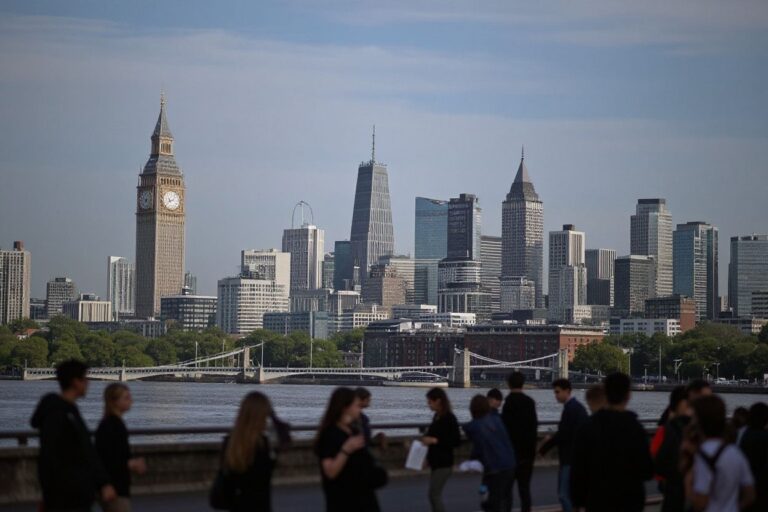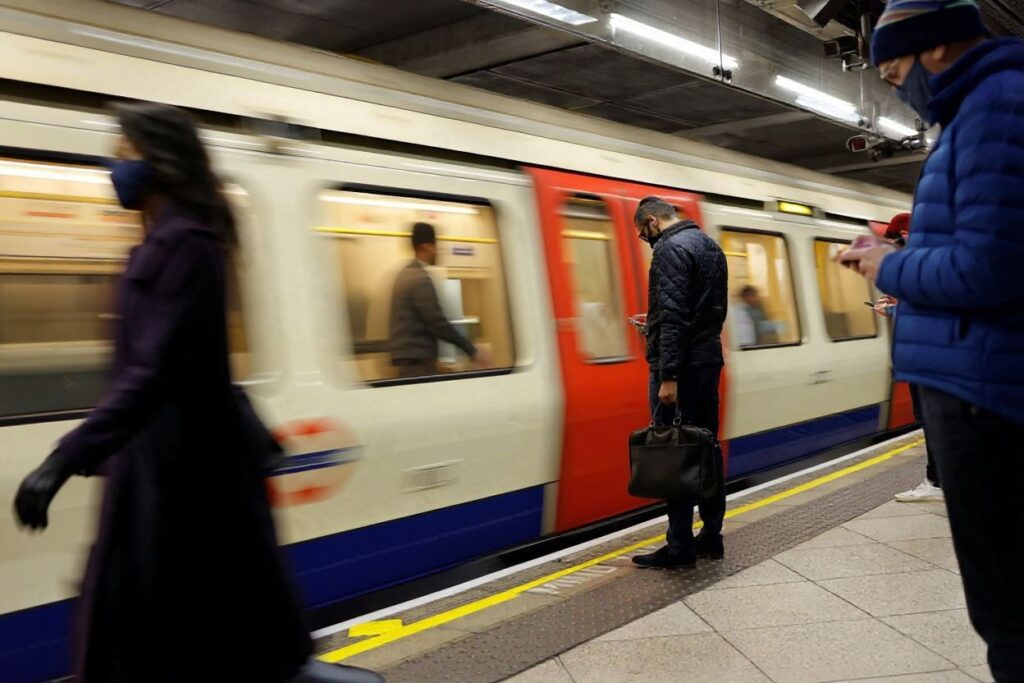
The UK post-study work visa, otherwise known as a Graduate visa, entitles international students to stay in the island nation for an additional two years upon successfully completing a course in a UK-based institution.
A UK post-study work visa could open up a plethora of opportunities for international students to carve themselves a bright future. Immigration statistics by the UK government published in September 2021 notes that there were 171,600 work visas granted to foreign nationals living in the UK, with many of them being post-study work visas.
However, with as many visas being granted, there is a small chance that applicants of the UK post-study work visa might be rejected.
This does not necessarily signal the end of an applicant’s journey of securing this coveted visa. It is important to identify the reasons which led to their application being denied, allowing them to better their application the next time they apply for the visa.
With that being said, here are three reasons why an applicant’s UK post-study work visa might be denied:
Top 3 reasons why a UK post-study work visa gets denied
The applicant failed a course or did not pass their dissertation
Many applicants who apply for a UK post-study work visa do so before completing their course or dissertation. During this period, they may not foresee the possibility of failing a course or their dissertation. However, it may happen and remains one of the main reasons why a post-study work visa gets rejected.
Some applicants may proceed with applying for the visa despite knowing that they have not passed their course or dissertation, but this will not lead to a desirable outcome as they have not fulfilled the academic requirements to secure the UK post-study work visa.
International students who are struggling in their course should do what’s necessary to pass — be it by hiring a tutor or speaking to a student advisor for advice — before applying for the UK post-study work visa.
International students will not be given the flexibility to complete the failed course or dissertation and simultaneously, apply for the UK post-study work visa once their student visa expires. However, they may request for a visa extension, which brings us to our next point.
 One of the main reasons why a UK post-study work visa gets denied is due to the applicant failing a course or dissertation. Source: Tolga Akmen
One of the main reasons why a UK post-study work visa gets denied is due to the applicant failing a course or dissertation. Source: Tolga Akmen
The applicant did not seek a visa extension
Another main reason an applicant may have their UK post-study work visa rejected is a failure to seek a visa extension when they are struggling with a course.
If a student fails their course, they may be given a reassessment, either by resitting an examination or resubmitting a project. The duration that a student is given to fulfil their reassessment may vary.
Applicants should request a visa extension between six weeks to one month before their student visa expires.
How can students go about this? They should write a letter to their faculty or university to explain their situation. This could make it possible for them to get a student visa extension to legally permit them to stay in the UK while completing their reassessment, and to apply for a UK post-study work visa once they have passed their reassessment.
Our new Graduate immigration route will open on 1 July 2021 🎓
This will allow the best and brightest international students to stay and work after completing their studies.
👉 https://t.co/ZNy5SlZ6tw pic.twitter.com/yqWA6ibBOB
— Home Office (@ukhomeoffice) March 6, 2021
Application was made outside the UK
Another reason why a UK post-study work visa is denied is that the student sends in their application when they are outside the UK.
Students who are genuinely interested in applying for this visa must apply for the post-study work visa while still in the UK. They must also apply before their Student visa expires.
For more details on the UK post-study work visa, click here.










